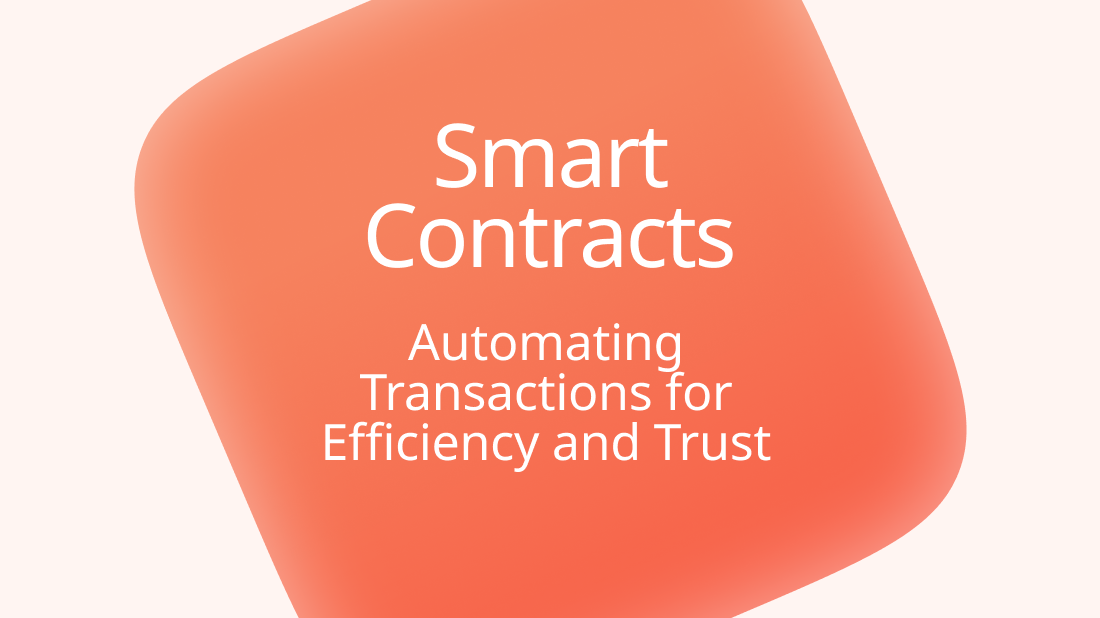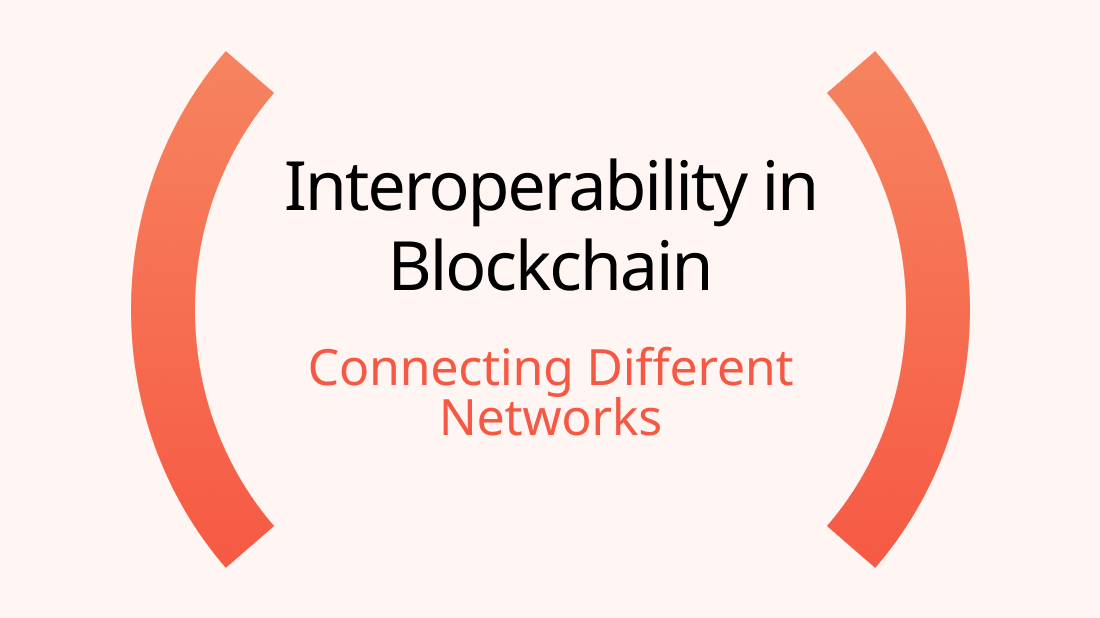Smart Contracts: Automating Transactions for Efficiency and Trust

Smart contracts are a revolutionary technology that leverages blockchain to automate and secure transactions, offering transparency and efficiency across various industries. This article explores the concept of smart contracts, their use cases, and how they are transforming traditional contractual processes. We'll also delve into the benefits of blockchain automation and trustless transactions.
Understanding Smart Contracts
Smart contracts operate on decentralized networks like Ethereum. They are programmed to trigger actions based on predefined rules. For example, a smart contract for a rental agreement could automatically release a security deposit back to the tenant once the lease ends, provided all conditions are met. The blockchain ensures that the contract is immutable and transparent, with all parties able to verify the transaction.
Benefits of Smart Contracts
Automation and Efficiency
One of the most significant advantages of smart contracts is their ability to automate processes. By eliminating the need for manual intervention, smart contracts streamline workflows, reduce administrative costs, and speed up transaction times. For instance, in supply chain management, smart contracts can automate the verification of goods' delivery, ensuring prompt payment and reducing delays.
Transparency and Trust
Smart contracts offer unparalleled transparency. All parties involved can view the contract's terms and the blockchain's transaction history, which is immutable and tamper-proof. This transparency fosters trust among participants, as they can be confident that the contract will execute as programmed without any hidden clauses or alterations.
Security
Blockchain technology provides a secure environment for smart contracts. The decentralized nature of blockchain means there is no single point of failure, making it resistant to hacking. Additionally, cryptographic techniques used in blockchain ensure that the data within smart contracts is secure and cannot be altered once deployed.
Use Cases of Smart Contracts
Finance
In the financial sector, smart contracts are used to automate various processes, such as insurance claims, loan agreements, and trade settlements. For example, decentralized finance (DeFi) platforms use smart contracts to facilitate lending and borrowing without traditional banks, providing faster and more accessible financial services.
Real Estate
Smart contracts streamline real estate transactions by automating property sales, rental agreements, and escrow arrangements. This reduces the need for intermediaries like real estate agents and lawyers, making transactions faster and more cost-effective. A buyer can transfer funds to a smart contract, which then releases ownership documents to the buyer and payment to the seller upon verification of all conditions.
Supply Chain Management
In supply chain management, smart contracts enhance transparency and efficiency. They can track the movement of goods from manufacturers to retailers, automatically verifying delivery and payment milestones. For example, if a shipment reaches its destination, the smart contract can automatically release payment to the supplier, reducing delays and the risk of fraud.
Healthcare
Healthcare can benefit from smart contracts by securely managing patient records, automating insurance claims, and ensuring compliance with regulatory standards. Smart contracts can grant healthcare providers instant access to a patient's medical history while maintaining privacy and security through blockchain encryption.
Legal Industry
The legal industry uses smart contracts to automate the execution of legal agreements and ensure compliance. These contracts can simplify complex legal processes, such as mergers and acquisitions, by automatically enforcing terms and conditions. This reduces the need for extensive legal oversight and minimizes the risk of disputes.
Challenges and Considerations
Legal and Regulatory Issues
Despite their advantages, smart contracts face legal and regulatory challenges. Traditional legal systems may not yet recognize smart contracts as legally binding, and there are concerns about jurisdiction and enforceability. As the technology evolves, legal frameworks will need to adapt to accommodate the unique aspects of smart contracts.
Complexity and Errors
Programming smart contracts requires precision. Any errors in the code can lead to unintended consequences, including financial losses. This necessitates thorough testing and auditing to ensure the contracts function as intended. Moreover, the complexity of creating and understanding smart contracts can be a barrier to widespread adoption.
Scalability
Blockchain networks face scalability issues that can affect the performance of smart contracts. As the number of transactions increases, so does the demand on the network, potentially leading to slower transaction times and higher fees. Solutions like layer 2 scaling and more efficient consensus algorithms are being developed to address these challenges.
The Future of Smart Contracts
Integration with IoT
The integration of smart contracts with the Internet of Things (IoT) has the potential to further revolutionize various industries. For instance, in agriculture, IoT devices can monitor soil conditions and automatically trigger smart contracts to adjust irrigation systems or order supplies based on real-time data.
Enhanced Privacy Features
Future developments may include enhanced privacy features for smart contracts, allowing for confidential transactions and data sharing. Technologies like zero-knowledge proofs and secure multi-party computation can provide the necessary privacy while maintaining the benefits of transparency and security.
Wider Adoption and Standardization
As awareness and understanding of smart contracts grow, we can expect wider adoption across industries. Standardization efforts by organizations like the Enterprise Ethereum Alliance (EEA) aim to create interoperable frameworks and best practices, facilitating broader implementation of smart contracts.
Conclusion
Smart contracts are transforming the way we conduct transactions by providing automation, transparency, and security. From finance and real estate to supply chain management and healthcare, smart contracts offer numerous benefits and use cases. Despite challenges such as legal recognition and scalability, the future looks promising for this innovative technology. As smart contracts continue to evolve, they will play a crucial role in shaping the digital economy and enhancing trust in automated transactions.












